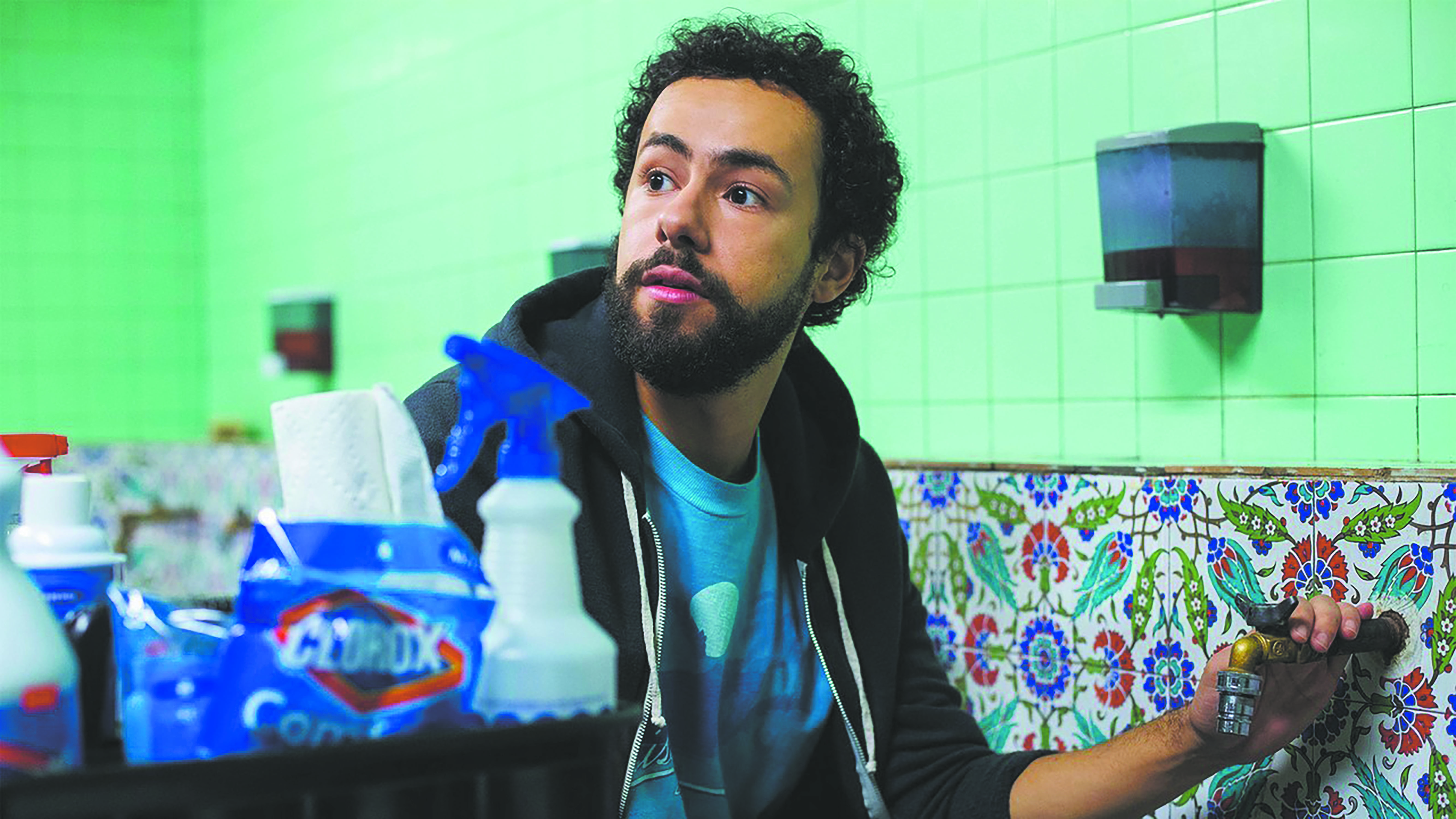Hulu’s ‘Ramy’ examines Muslim American life in a funny and ingenious way
“Ramy” is brilliant — it’s honest, it’s relatable and it is one of the most refreshing new series streaming right now. If you’re a big fan of “Master of None” and “Atlanta,” then this new Hulu dramedy falls under the same premise of those semi-autobiographical series. However, “Ramy” does differ in its storyline, as it has a modern millennial character believing in God, which is a taboo subject that many millennials like to avoid.
“Ramy” tells an important story that is crucial in today’s political climate. As this series may seem like a standard millennial dramedy from the surface, it’s surprisingly and impressively much more — it’s a culture-clash combination experience of being a first-generation Arab American with Muslim beliefs who’s moving through a world that’s well… very xenophobic.
The main character Ramy (Ramy Youssef) is just an everyday guy stuck between two worlds — he is not a fundamentalist, but not a true millennial atheist. Throughout the show, Ramy is having an internal battle trying to figure out and understand his identity — is he a good Muslim or not? In other words, does he need to follow the rules of the Quran and be devout, or can he just love and appreciate his God in his own way? This is where the premise of his dilemma stems from, as the old saying goes “East is the East, West is the West, and the two shall never meet.”
Aside from exploring his ever-clashing cultures, the series also does well of humanizing and normalizing those of the Muslim religion, especially being in America under President Trump’s regime. Since 9/11, Muslims have been blamed and stereotyped over terroristic behavioral, and it has only gotten worse over the years. Being Muslim in this country is not easy, which is why “Ramy” provides the Muslim visibility that society needs right now. It’s not only teaching us about the culture-clash struggles that first-generation Americans face, but it also goes in depth about Egyptian culture and Muslim religion.
The characters within “Ramy” are also really interesting, as they are fully fleshed out and developed human beings like the protagonist. The audience finds themselves not only watching Ramy’s perspective on life, but also other people in his world such as his mom, dad, uncle and most significantly, his sister. Those outside viewpoints are particularly important — the characters aren’t flat and stuck to this traditional family roles, and they are developed to have their own opinions, background stories and tendencies.
The series is produced by A24, which is not surprising, as the production company has released many amazing and well-known films like “Lady Bird,” “Hereditary” and “Moonlight.” However, Hulu has marketed “Ramy” as a comedy, which is not entirely true. There are some really solid jokes and funny situations, but most of the situation Ramy finds himself in are actually pretty serious. There’s depth to each episode’s plot, as it doesn’t get resolved easily as it would in your average sitcom.
Regardless of this, there’s really no complaints about this show, and I personally hope for more seasons to come. “Ramy” is real and raw, sharp and specific, and pushes on representation in a more ambiguous and strange depiction of a otherwise common stereotype. In the end, we need more shows like “Ramy.”
5 out of 5 stars.
The Good:
-Similar to “Atlanta” and “Master of None.”
-Brings visibility to Muslim religion and Egyptian culture.
-Produced by A24 — a reputable production company.
The Bad:
-Nothing!

